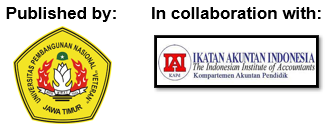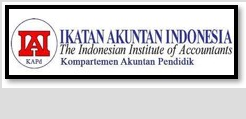Tax Incentive-Based Economic Policy, Modern Tax Administration System, and Taxpayer Compliance of Micro, Small, and Medium Enterprises
DOI:
https://doi.org/10.33005/jasf.v6i1.391Keywords:
incentive tax policy, modern tax administration system, the COVID-19 pandemic, tax compliance, theory of planned behaviorAbstract
This study examines the effect of tax incentive-based economic policies and modern tax administration systems through e-registration, e-filing, and e-billing on Micro, Small, and Medium Enterprises (MSMEs) taxpayer compliance in Palu City during the Pandemic Period. This study analyzed primary data from questionnaires distributed to 100 MSME taxpayers in Palu City. By using the theory of planned behavior (TPB) in taxpayer compliance research, researchers can understand in more depth why taxpayers do or do not comply, as well as identify the factors that influence their decisions. Testing the research variables was carried out using the Partial Least Square (PLS) method. The results showed that Tax Incentive-Based Economic Policies have a positive effect on MSMEs' taxpayer compliance. Meanwhile, implementing modern tax administration systems, such as e-registration, e-filing, and e-billing, did not affect MSMEs' taxpayer compliance. This result sheds light on the efficiency of regulation and tax systems to encourage tax compliance. Governments and agencies need to ensure that efforts are made to increase awareness, access, and ease of use of these systems, as well as understanding and overcoming barriers that may arise in practice. These can help design more effective tax policies and educational efforts to increase taxpayer compliance.














